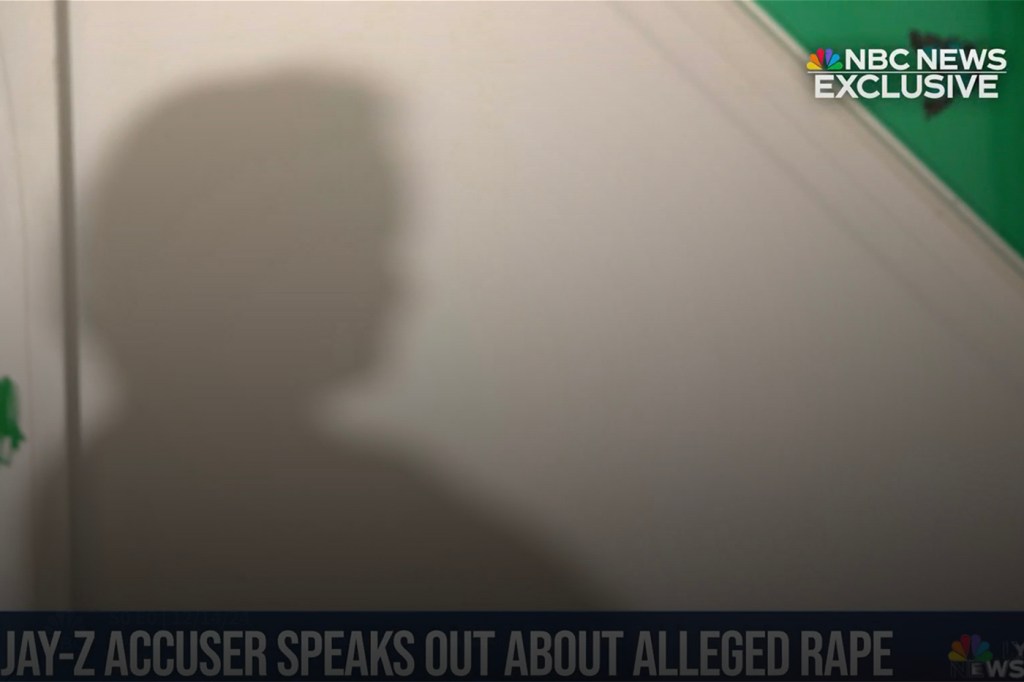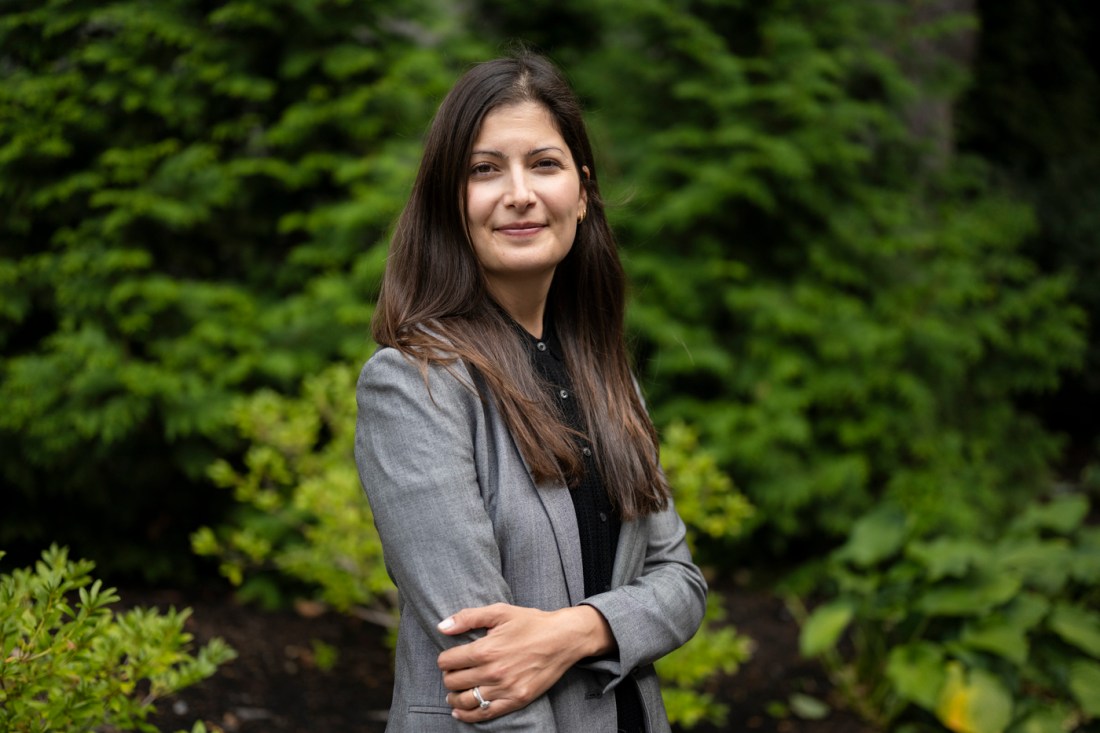Jay-Z and Diddy allegations spotlight challenges faced by sexual assault survivors
Northeastern expert Hayat Bearat discusses trauma, memory and the legal complexities some survivors face seeking justice.

Rapper Sean “Diddy” Combs, who is being held on sex trafficking charges, is accused of raping a 13-year-old in 2000. The accuser recently said Shawn “Jay-Z” Carter also raped her.
The unidentified plaintiff, referred to as “Jane Doe” in a civil lawsuit filed in Manhattan federal court, alleges the assault occurred after being taken to an after-party for the MTV Video Music Awards.
The accuser claimed in October she was raped by Combs but did not mention Carter. Combs was arrested and indicted in September, accused of committing sexual crimes dating back to at least 2008.
Carter’s lawyers say the allegations made against him earlier this month “have caused incalculable harm to Mr. Carter, his family, his businesses, his employees, and his legacy.”
In a statement Wednesday, Combs’ lawyer calls the suits “shameless publicity stunts.”
Others have questioned the time it took the accuser to come forward. And the motive behind the lawsuits.
Complex issues of justice
While the plaintiff admits inconsistencies in her story, the case highlights complex issues of justice, memory and public perception of sexual assault survivors, says Hayat Bearat, a visiting associate professor at the Northeastern University School of Law and interim director of the Domestic Violence Institute at Northeastern.
Bearat says survivors often face disbelief if their stories do not align with societal expectations. Coming forward can be traumatizing, especially when the accused is a celebrity, she says.
Also, survivors may delay reporting due to shame, fear or changes in laws that allow older cases to move forward.
“We have this idea of what a survivor should look like, act like and then, if they fall out of line of those expectations, they’re completely discredited,” Bearat says.

Why victims come forward later
Changes in statutes of limitations provide survivors with opportunities to pursue justice, Bearat says.
For example, New York’s Gender-Motivated Violence Protection Act now allows victims to file civil lawsuits for incidents dating back to January 2000.
Bearat highlights that celebrity abusers often hold power that deters victims from speaking out. Movements like #MeToo have helped survivors feel more empowered to share their stories.
“When someone comes forward, then that might help empower someone else,” she says.
Navigating civil and criminal cases
Bearat advises survivors to pursue civil cases if they want their stories heard in court. Unlike criminal cases, where the district attorney decides whether to prosecute, civil lawsuits give survivors more control.
Additionally, the burden of proof in civil cases is lower, although survivors must actively participate in proceedings, Bearat says. Monetary damages awarded in civil cases, while not restorative, can provide support, she says.
Imperfect survivor narrative
Critics often seize on inconsistencies in survivors’ accounts to discredit their allegations, Bearat says. Trauma impacts memory, which can make survivors’ stories appear inconsistent, she says.
Factors such as being drugged or lacking mental health support can affect how events are recounted, Bearat says.
Survivors are often unfairly expected to provide linear, flawless accounts, Bearat says. Attorneys play a crucial role in vetting their clients’ stories and presenting evidence to support their cases, she says.
“Memory is inherently imperfect, especially when trauma is involved,” Bearat says.
Moving forward
Laws like the Gender-Motivated Violence Protection Act are vital for allowing survivors to seek justice, Bearat says. However, she stresses the need for more jurisdictions to adopt similar measures.
“Nothing would make someone whole after experiencing that,” Bearat says, “but these avenues can help survivors find some semblance of justice and healing.”






